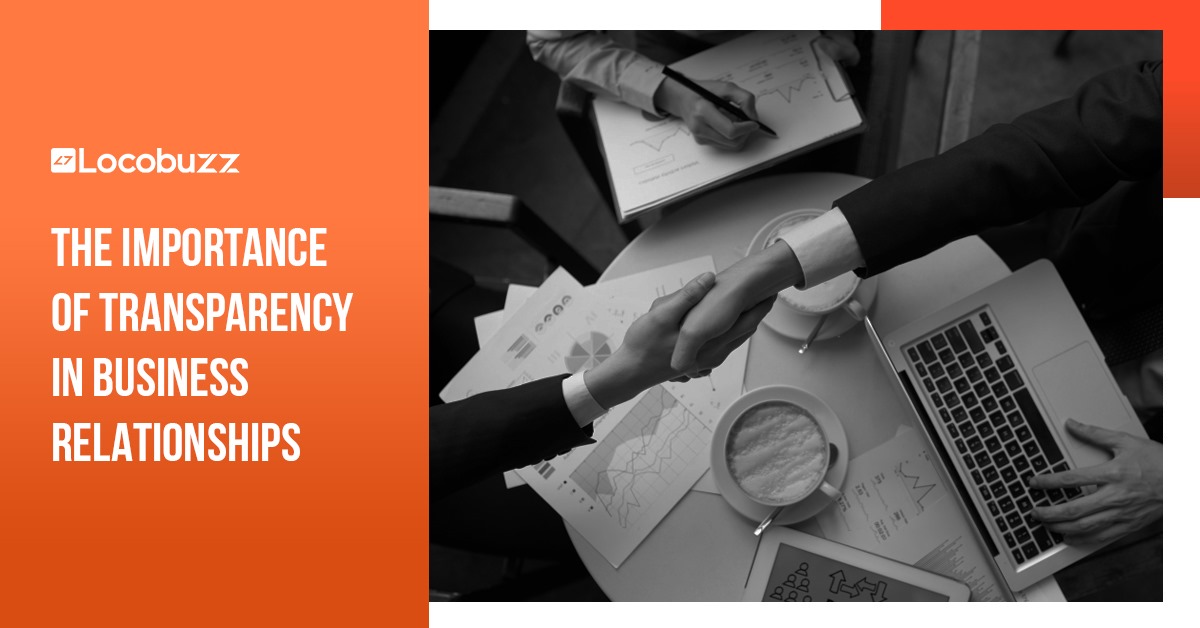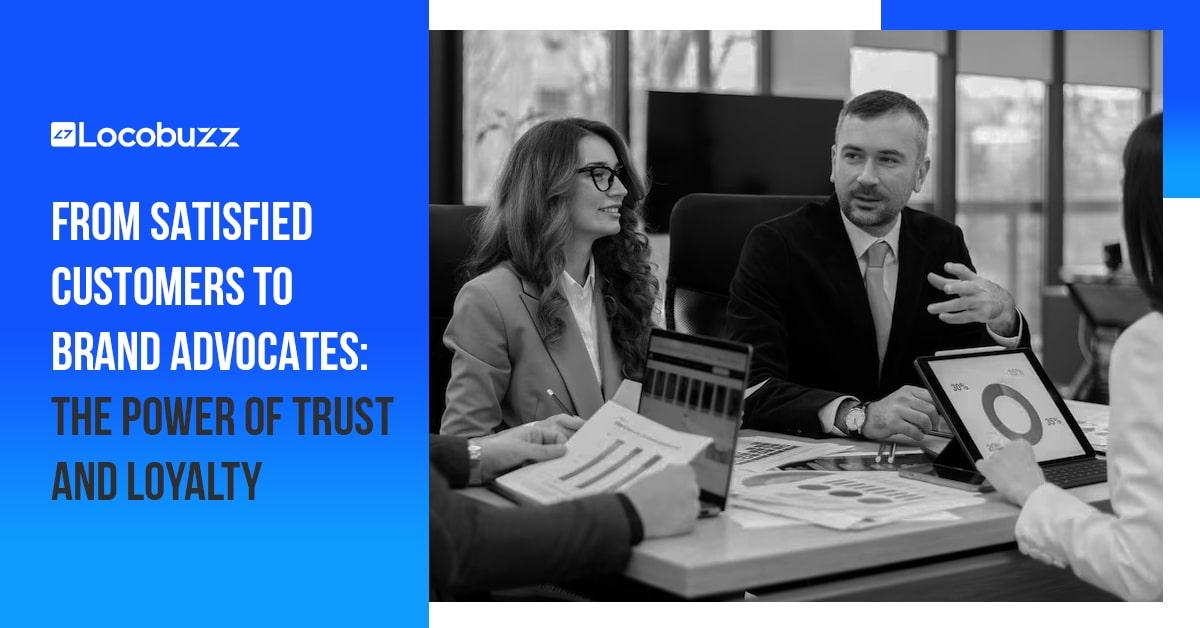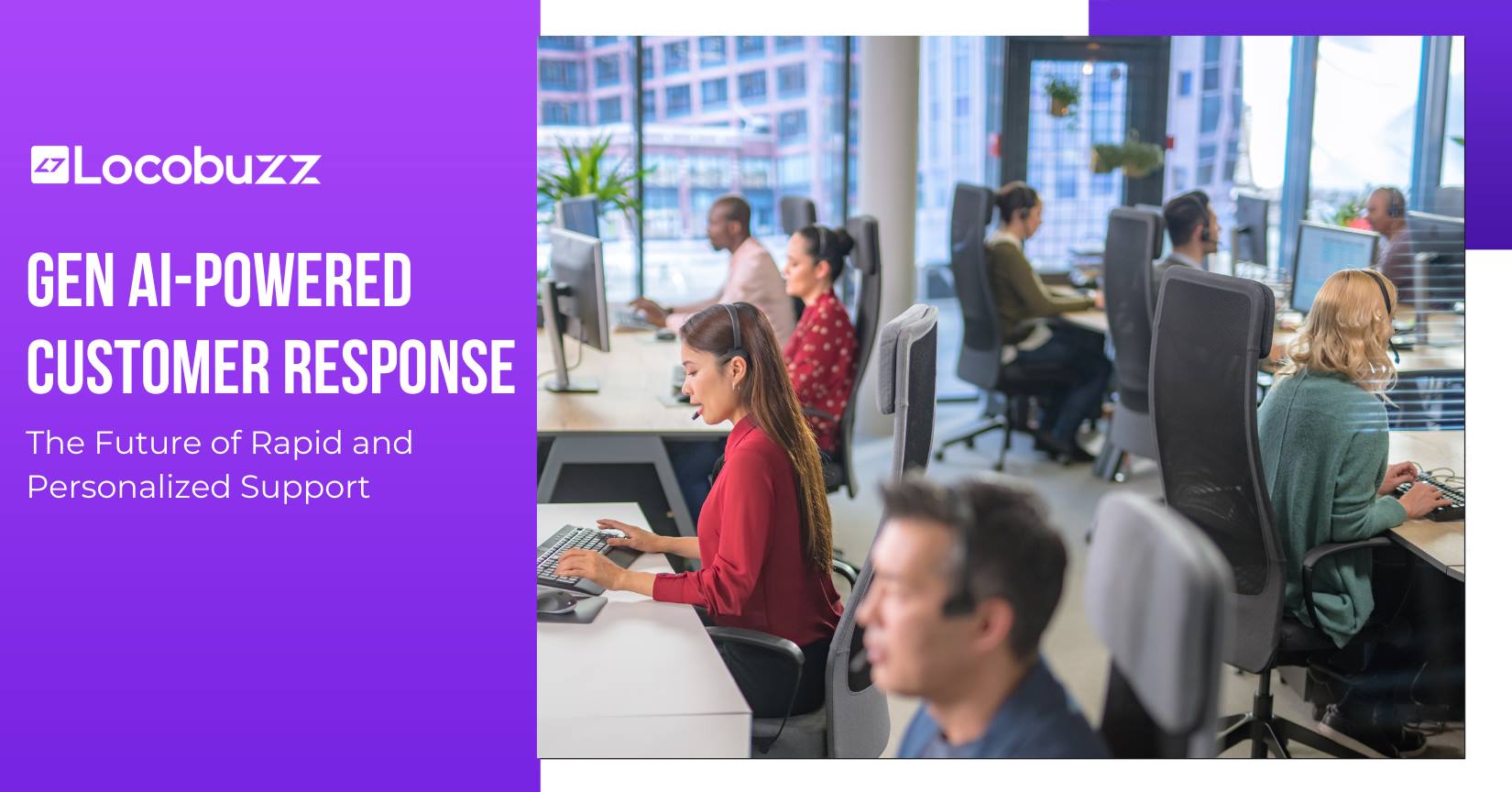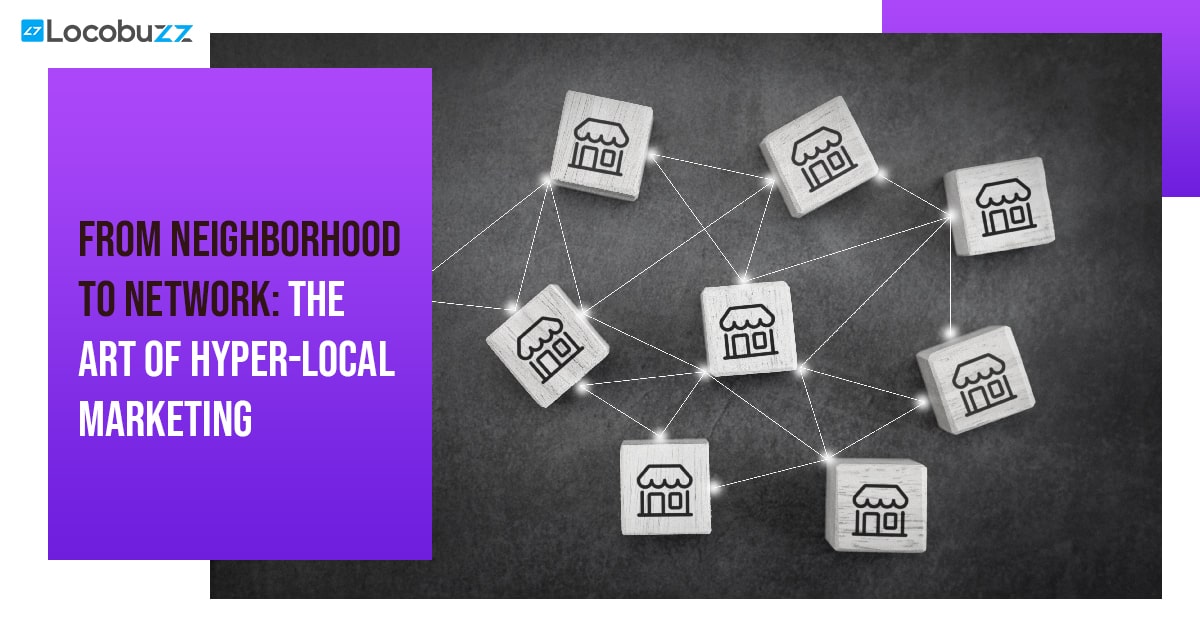The Impact of Online Reputation Management on Your Revenue

Shefali Mathur
Online reputation management is a lifesaver when things go wrong for brands and personalities. While scandals and bad PR are as old as time, they have only taken a more serious turn with the advent of social media. Today, the past can be dug up easily, and bad news spreads like wildfire in seconds.
For instance, a major consumer brand landed in a PR soup some time ago when a leading environmental activist accused the company of its harmful environmental practices. Instead of addressing the issue, the accused company remained mum, which impacted its engagement dramatically, dropping it to an all-time low.
This is a clear example of how one negative review, comment, or share can impact a brand’s reputation.
Online reputation management is not a fancy word but a practice that nudges brands to acknowledge the problem at hand.
Some brands are huge conglomerates that may not run out of business due to questionable reputations. However, if a comparatively smaller business is stuck in the whirlwind of negative comments and reviews, it can harm the overall image and impact the revenue as well.
One such example is an Indian brand, Avimee Herbal, amidst bad reviews and comments. Most of these complaints were around delayed deliveries due to mismanaged inventory and logistics since they were just starting out.
However, with proper communication and tireless efforts, the brand managed to bring itself to the top, demonstrating the power of good service and clear communication.

Stepping up your online reputation
We know that having a positive online reputation is essential for your business growth, but if we break it down, it is also important for:
- Getting the right talent that can help scale your business.
- Bringing in relevant partners who want to grow alongside you.
- Creating the right buzz and improving your brand recall
- Defining your core values, like sustainability, empathy, etc., that will help you connect with your target audience.
Every brand wants to hit the sweet spot but often gets confused about getting started.
It is easy to confuse ORM with PR because of the overlap, but they are different.
PR is about building and maintaining relationships and using those to build a brand presence online and offline. This involves media relations and journalistic knowledge. However, online Reputation Management depends not on relationships but on interactions with consumers, media, and partners online.
These interactions can be in the form of tech support, conflict resolution, updates and much more.
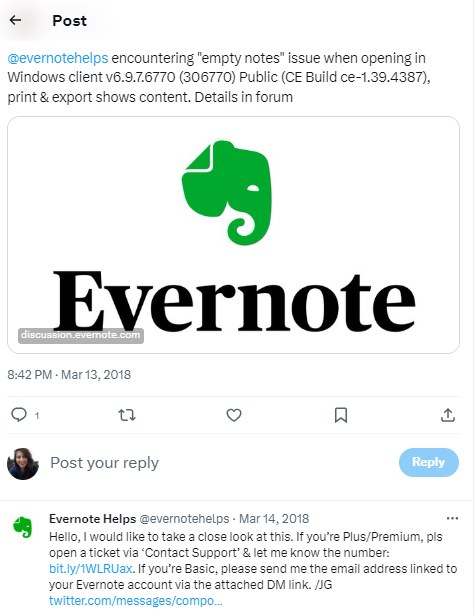
However, it is crucial to maintain a positive tone while interacting with customers on chat, call or via social media. This follows suit even if they are making false claims or an error on their part. In such cases, you can point out their mistakes gently and offer a resolution immediately.
Such an approach ensures that your brand is not falsely accused of disservice or mismanagement and is considered a problem solver.
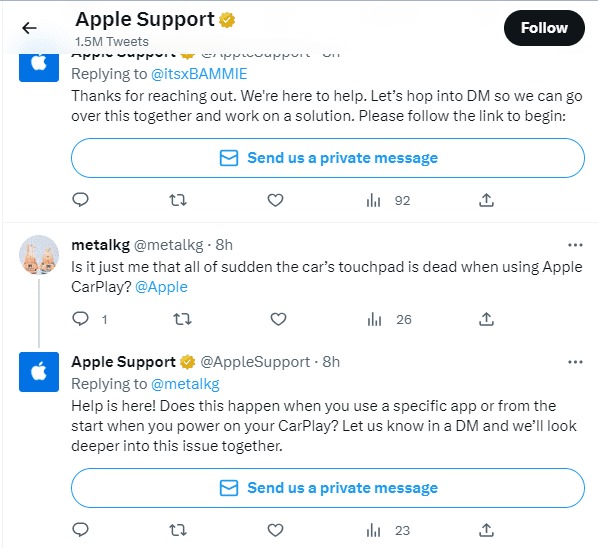
The Influence of Online Reputation on Consumer Behaviour
If you have used food delivery or cab services, chances are your service provider would have requested for a ‘good’ rating. This is not unusual in such sectors because ratings and reviews help push their profiles up and get more business. Something similar happens when brands receive positive reviews.
Websites like Yelp lit the matchstick under the Review bonfire, and things have never been the same for small and large businesses. Positive reviews on Yelp have helped businesses scale multi-fold (Even a one-star increase may leapfrog the business revenue by 9%) while negative reviews have influenced consumer behaviour and reduced footfall.
However, negative reviews have been the fodder for good publicity.
Here’s one example of turning negative reviews into their superpower.

This 10-year-old clapback to a Yelp review still garners laughter from viewers. While this is not online, this can be a great example of how a brand can turn negative situations around.
However, turning a negative review into humour might not be received kindly by many online viewers today. So think long and hard about the repercussions and take the step if the damage is zero to minimal.
A company’s online reputation, which includes its reviews, social media presence, and overall online image, can influence consumer decisions in several ways:
Trust and Credibility: Consumers tend to trust businesses with positive customer experiences. When a company has a strong online presence with favourable reviews and a well-maintained website, potential customers are likelier to view the business as trustworthy. On the other hand, negative online feedback or a lack of online presence can raise doubts about a company’s credibility.
Decision-Making: Consumers often consult online reviews and ratings before purchasing. Positive reviews can act as social proof, reassuring potential customers that they are making the right choice. Conversely, negative reviews or a poor online reputation can deter customers from purchasing.
Brand Perception: A company’s online reputation can shape how consumers perceive its brand. A positive reputation can lead to a more favourable brand image, while a negative reputation can damage the brand’s perception. This perception can influence long-term customer loyalty and brand advocacy.
Online Visibility: Companies with strong online reputations are more likely to appear in search engine results and social media feeds, increasing their visibility to potential customers. This increased visibility can drive more organic traffic and lead to a higher likelihood of consumer engagement.
Competitive Advantage: Businesses with a positive online reputation often have a competitive advantage over those with a less favourable reputation. Customers are more likely to choose a business with a good reputation over its competitors, even if they have similar products or services.
Customer Retention: Maintaining a positive online reputation is not only about acquiring new customers but also retaining existing ones. Satisfied customers are more likely to continue doing business with a company they trust, and a positive online reputation can reinforce that trust.
Steps to Manage Crisis, and Improve Your Online Reputation
Brand leaders will cringe when they hear about this disaster case of bad PR and reputation management.
It was the year 2016 when one of America’s biggest retail chains received the “Most Hated Brand in America” title. Customer footfall fell, and the company underwent a major loss.
So why did this disaster happen?
The company’s CEO claimed that they will hire only good-looking people to attract good-looking people to the brand, and for that, they are exclusionary.
This discriminatory statement did not go down well with the public, and the brand’s reputation as the harbinger of everything stylish came crashing down.
This is the classic example of a crisis management that may or may not have been managed properly.
Interestingly, a crisis is often dependent on the social and political climate that alters consumer behaviour both online and offline. While brands do not have control over anything apart from how they project themselves, it is important to mitigate any crisis that comes their way.

1. Assess the Situation to Monitor Online Conversations
Determine the severity of the crisis and its impact on your brand. Is it a minor issue or a major threat? Identify the root causes and gather all available information about the situation.
Use monitoring tools to keep an eye on social media, news, and review websites to identify any emerging issues or negative sentiment. Be proactive when it comes to detecting potential problems since early intervention can prevent a crisis from escalating.
2. Establish a Crisis Communication Team
3. Acknowledge the Issue and Contain the Crisis
Promptly acknowledge the problem and inform your audience that you’re aware of the situation.
Apologise if necessary, express empathy, and reassure your customers that you’re taking the matter seriously.
You must also take immediate action to prevent the situation from worsening. This may involve suspending a problematic campaign, recalling a faulty product, or rectifying a situation.
Communicate these actions to the public to demonstrate that you are addressing the issue.
4. Use Multiple Communication Channels to Provide Regular Updates
Utilise various channels to disseminate information, including your website, social media, press releases, and email newsletters. Respond promptly to comments, questions, and concerns on social media platforms.
You can also offer regular updates here. Keep the public informed about your progress in resolving the crisis. Transparency is key to rebuilding trust. Be honest about what you know and are doing to resolve the situation.
5. Listen and Engage
Engage in conversations with your audience and respond to their concerns. Show that you’re actively listening and addressing issues. Avoid rude confrontations and remain professional in your responses. However, it is important to educate the audience in case of wrong information, so manage that communication professionally but with affirmation.
6. Learn and Improve
After the crisis is resolved, conduct a post-mortem analysis to understand what went wrong and how to prevent similar situations. Update your crisis management plan and make necessary changes based on the lessons learned.
Some of the measures you can adopt are content guidelines outlining the type of words, messaging, and media collateral that can be shared on social media and other platforms. Since this will be represented as the brand’s objective, using sensitive terms related to religion, sexual orientation, etc., should be monitored and handled with extra caution.
7. Rebuild Trust and Reputation
8. Luck Favours the Prepared
The Long-Term ORM Impact on Revenue Growth
Research led by McKinsey Global Institute in cooperation with FCLT Global finally discovered that companies (in the focus group) with a long-term mindset have outperformed their peers since 2001 in most fiscal criteria.
Online reputation management desperately needs to be a part of that long-term mindset and overall operations that work in tandem with sales and marketing. This integrated approach may help businesses bank on their good reputation to see growth in their overall revenue.
Here’s how ORM can lead to long-term revenue benefits.
1. Enhanced Brand Trust and Credibility
2. Increase in Customer Acquisition
3. Decrease in Customer Churn
4. Revenue Protection During Crises
5. Data-Driven Decision Making
6. Long-Term Customer Lifetime Value (CLV)
How can ORM Tools Help?
While it is important to have empathy for your customers, dealing with a thousand tickets every day is a herculean task, even for the best of customer experience folks.
This is why we need to include ORM tools to streamline services effectively.
ORM tools and services are designed to take the heavy brunt from your customer experience team and optimise their efforts for critical cases and high efficiency.
A unified customer experience platform allows your ORM and customer experience team to view brand mentions on various social media handles and messenger applications without toggling between different tabs. Get a simplified view of your customer responses, campaign performances, and brand mentions to keep an eye on your business success rate.
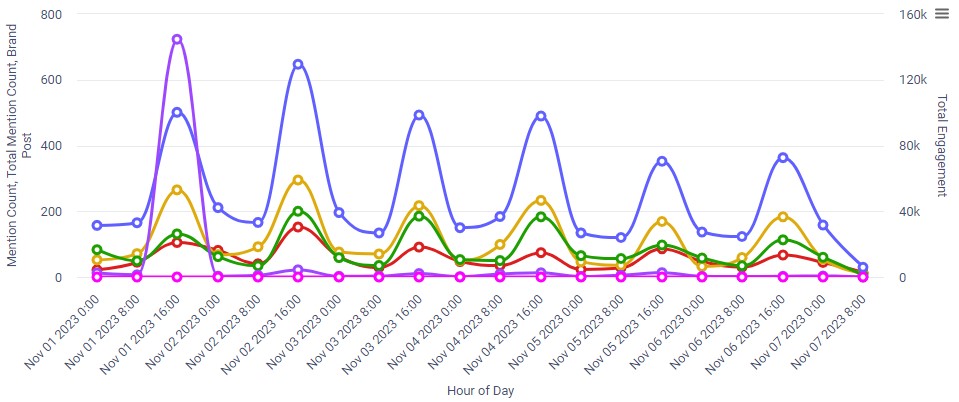
This reduces manual intervention and the dependency of the human mind and effort on different platforms.
Log in to one unified CX platform, and you’re done!
As a brand owner or an ORM expert, we’re sure that you need:
- Complete visibility into your brand mentions.
- A unified structure to view your customer feedback and reviews.
- Access Enhanced Linguistic Proficiency.
- Efficient resolutions of tickets with less turnaround time.
With Locobuzz, you receive a holistic view of the sentiments and average mentions to dive deep into your brand mentions, customer interactions, campaign analysis, and overall brand reputation.

Want to Optimise Your ORM Efforts for the Better?


